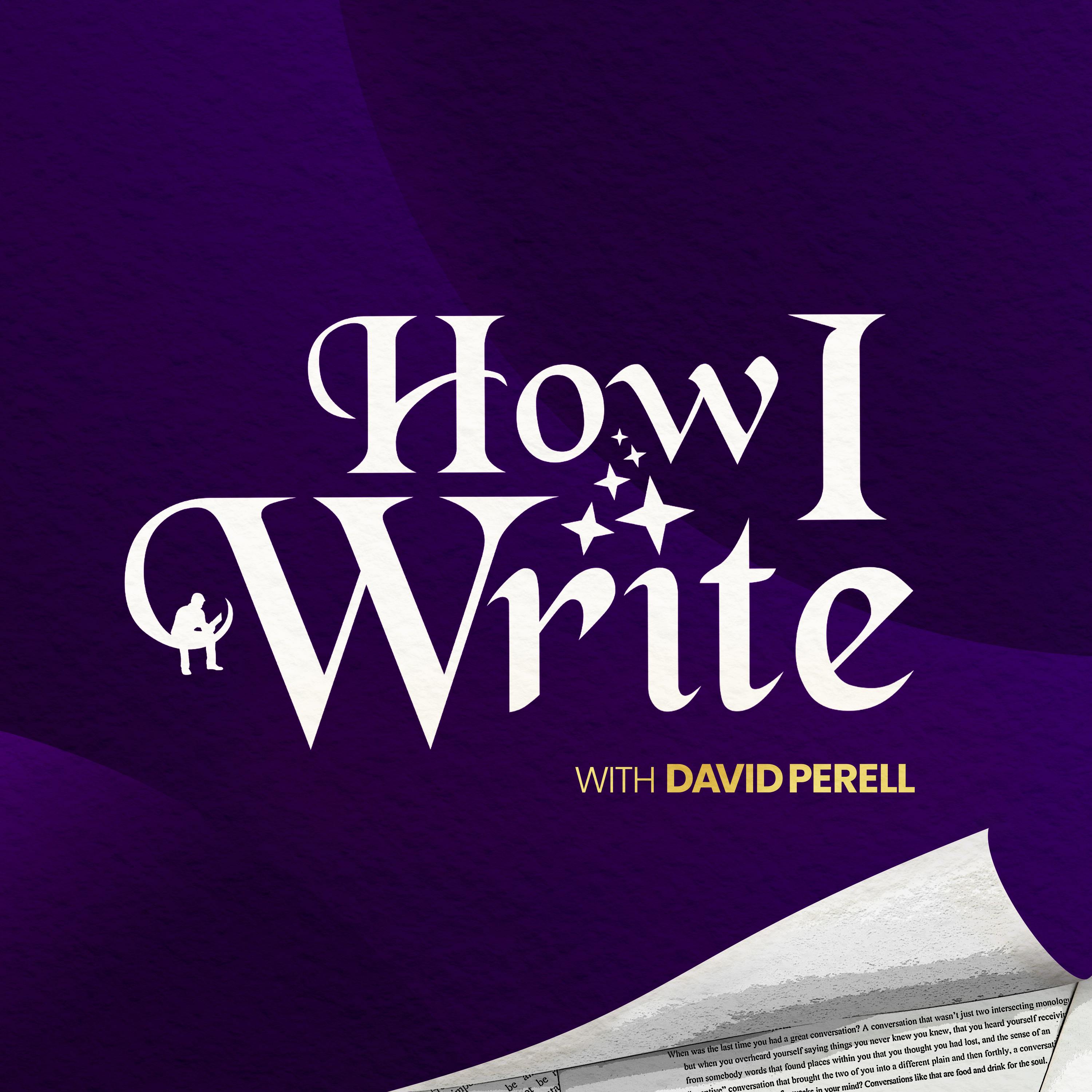
Rob Henderson: How To Write A Memoir

How I Write
Deep Dive
Why did Rob Henderson decide to write his memoir at a relatively young age?
Rob Henderson decided to write his memoir earlier than he initially planned because he realized that many people in elite circles had no firsthand connection to the struggles he faced growing up. He wanted to share his unique experiences of growing up in foster care, enlisting in the military, and attending Yale to bridge that gap. Additionally, he felt that writing while his memories were still fresh would provide more clarity and detail.
What themes does Rob Henderson focus on in his memoir 'Troubled'?
Rob Henderson's memoir 'Troubled' focuses on themes of family instability, foster care, and social class. He explores how repeated instability, such as moving homes, divorces, and financial catastrophes, shaped his life and decisions. The book also delves into the broader implications of family fragmentation and its impact on social mobility and success.
How did Rob Henderson approach excavating difficult memories for his memoir?
Rob Henderson used various strategies to resurface difficult memories, including listening to music from his childhood, eating foods he associated with his past, and engaging his senses to trigger recollections. He also spoke with friends and family to corroborate memories and ensure accuracy. Writing from the perspective of his younger self helped him vividly capture the emotions and experiences of his childhood.
What advice did Rob Henderson receive from J.D. Vance about writing memoirs?
J.D. Vance advised Rob Henderson not to rush into writing a book and to ensure his vision aligned with his literary agent's. He also warned that Henderson's initial idea for the book might change significantly once he started writing. Vance shared his own experience of shifting from a sociological focus to a more personal narrative, which mirrored Henderson's journey.
Why did Rob Henderson choose to start his memoir with his Yale graduation?
Rob Henderson started his memoir with his Yale graduation to communicate to readers that the story would have a happy ending despite the hardships and obstacles he faced. This approach provided a sense of hope and reassurance, making it easier for readers to engage with the difficult and emotional content that followed.
How did Rob Henderson balance emotional highs and lows in his memoir?
Rob Henderson structured his memoir to balance emotional highs and lows by alternating between difficult, downbeat stories and lighter, more amusing anecdotes. This emotional variance kept readers engaged and prevented the memoir from becoming overwhelmingly negative. He also ensured that each chapter had its own emotional arc, contributing to the overall pacing of the book.
What was the most challenging story for Rob Henderson to include in his memoir?
The most challenging stories for Rob Henderson to include in his memoir were the chapter about his time in rehab and the scene in a movie theater parking lot involving his mother and her partner. Both stories were emotionally difficult to relive and required him to confront painful memories. Henderson also worried about how these stories would affect his family members who were involved.
How did Rob Henderson decide which stories to include or exclude from his memoir?
Rob Henderson included stories that evoked strong emotions, particularly those that made him feel vulnerable or self-conscious. He believed that the more trepidation he felt about sharing a story, the more important it was to include. He also sought feedback from writer friends and editors, cutting stories that didn't align with the book's central themes or failed to engage readers.
What role did vulnerability play in Rob Henderson's memoir-writing process?
Vulnerability was central to Rob Henderson's memoir-writing process. He believed that the more uncomfortable or exposed a story made him feel, the more essential it was to include. This approach allowed him to create an honest and impactful narrative. Henderson also recognized that being vulnerable helped readers connect with his experiences on a deeper level.
How did Rob Henderson handle writing about other people in his memoir?
Rob Henderson aimed to be fair and respectful when writing about other people in his memoir. While he strived for honesty about his own experiences, he refrained from making harsh judgments or character evaluations of others. He focused on his personal memories and avoided settling grudges or causing unnecessary pain to those involved in his life story.
Shownotes Transcript
Ever thought to yourself, “I would love to write a memoir someday”?
Then you’re in the right place. Rob has an exceptional story — from foster care to Yale, from a troubled childhood to a best-selling memoir called *Troubled *— and in this episode, he demystifies the memoir-writing process just for you.
We cover questions like: Which stories are worthy of sharing? How do you pace the narrative? How do you excavate difficult memories? How do you balance the emotional highs with the lows? Buckle up, and get ready to learn how to write a gripping memoir.
**SPEAKER LINKS: **
Newsletter: https://www.robkhenderson.com/)
Twitter: https://twitter.com/robkhenderson)
Instagram: https://www.instagram.com/robkhenderson/)
Book: https://www.amazon.com/Troubled-Memoir-Foster-Family-Social/dp/1982168536)
**WRITE OF PASSAGE: **
Want to learn more about the next class for Write of Passage?
Click here: https://writeofpassage.com/)
**PODCAST LINKS: **
Website: https://writeofpassage.com/how-i-write)
YouTube: https://www.youtube.com/@DavidPerellChannel/videos)
Apple: https://podcasts.apple.com/us/podcast/how-i-write/id1700171470)
Spotify: https://open.spotify.com/show/2DjMSboniFAeGA8v9NpoPv)
Learn more about your ad choices. Visit megaphone.fm/adchoices)